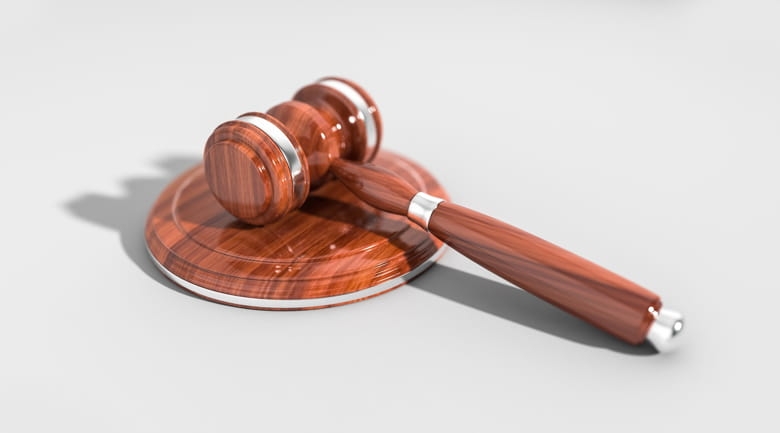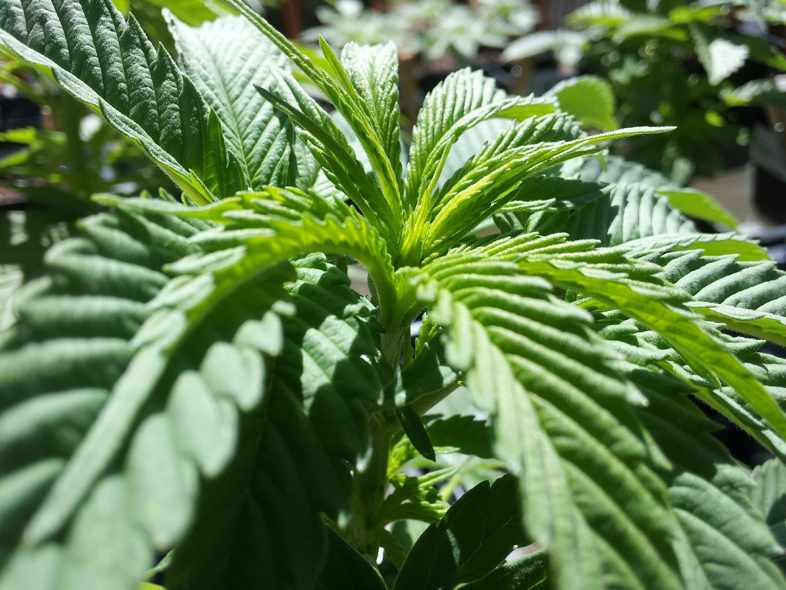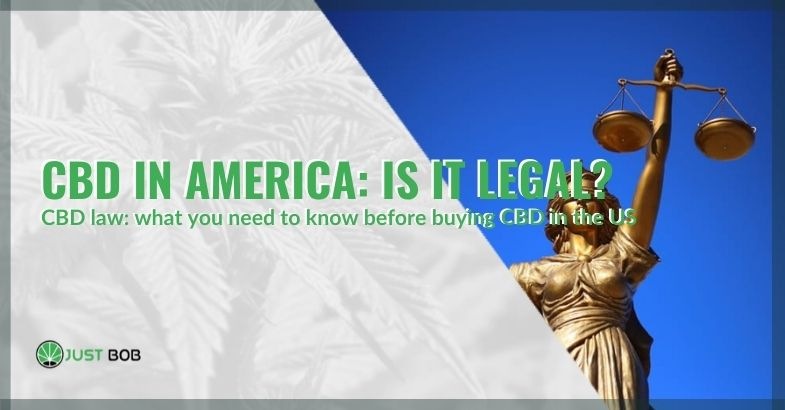CBD law: what you need to know before buying CBD in the US
When it comes to buying CBD in the US, it’s normal to have a lot of doubts. In fact, the federal law on this subject is not at all clear, and to make matters worse there are all the different regulations that change from state to state.
Especially when you are in states with a rather prohibitionist CBD legislation, the fear of being prosecuted could put a damper on anyone’s purchase.
In this article, we will try to clarify what the legal status of cannabidiol is in the US and what risks, if any, you run by buying CBD-based products.

What does the US law says about CBD
Online you can sometimes find articles claiming that CBD is completely legal in all states in the U. S. Well, this is not true, or rather it is not always true. In fact, the legal status differs state by state.
But why then this confusion?
The answer lies in the misinterpretation of the 2018 Farm Bill, also known as the Agricultural Improvement Act. This law allows the cultivation of industrial hemp when its THC content does not exceed 0.3%.
THC is therefore considered the bad guy, but why?
The reason lies in the fact that it is a psychoactive molecule, and therefore it is considered a narcotic and is illegal at the federal level, although several American states have made it legal.
The confusion over the legality of CBD is caused by the fact that the Farm Bill does not specify anything on this topic. Normally it is thought that this law allows the trade of cannabidiol products when their THC content does not exceed 0.3%. But this is not the case!
The Farm Bill only legislates industrial hemp. The decision on the status of CBD is left to individual states.
And that’s not all, folks!
It is possible that there may be additional barriers to CBD trade and consumption even from county to county, even if they belong to the same state!
In short, when it comes to CBD legislation in the U.S. you are walking on a minefield that you should know well before jumping in.
CBD law: how does it work state-per-state

Accurately explaining the legal status of CBD in each state is a titanic undertaking.
Not only do laws differ on a case-by-case basis, but sometimes they can change in a short period of time, even within the same state.
As an example, let’s take South Dakota. Until a few years ago, CBD and marijuana were totally illegal in this state. However, in November 2020 an amendment to the South Dakota constitution was voted in which the consumption of marijuana for medical and recreational use has been legalized. Nothing has been decided about CBD, but there is speculation that it will be considered legal as soon as this amendment goes into effect.
In order to know if consuming CBD in a certain American state is risky, it is therefore necessary to know in detail the local regulations. The only generalization that can be made is that, as a rule, FDA-approved CBD products are legal. However, even in these cases, there can be further limitations with respect to THC content that vary from state to state.
What is the risk if I buy CBD in the US?
Generally speaking, if you buy CBD-based products, you shouldn’t run any major risks, even in states where marijuana is illegal. Make sure, however, that its THC content does not exceed 0.3%. In such cases, law enforcement agencies usually turn a blind eye and it is rare that the law is enforced.
Of course, this is a calculated risk, and a small chance of legal trouble remains, especially in prohibitionist states like Idaho and Iowa.
In addition to the legal risks, there’s also another aspect you should watch out for if you were to purchase CBD products: the health risks.
By saying this, we don’t mean that cannabidiol is dangerous to your health. The problem is a different one.
The lack of clarity in the law on this issue has made it very difficult to regulate the market, and that’s why it can happen to find low-quality or mislabeled products for sale.
This is a widespread problem that has also been highlighted by the FDA and that can only be solved by clearer and more permissive legislation. By further liberalizing the market, in fact, it would be possible to control more easily the quality of the products sold, thus guaranteeing the health of consumers.
In conclusion
In this article, we showed how complicated the topic of CBD’s legal status in the US is and what you need to know before buying cannabidiol products.
One last recommendation to make is to always go to professional dealers when it comes to buying CBD. Be wary of amateurs and don’t risk your health unnecessarily.



